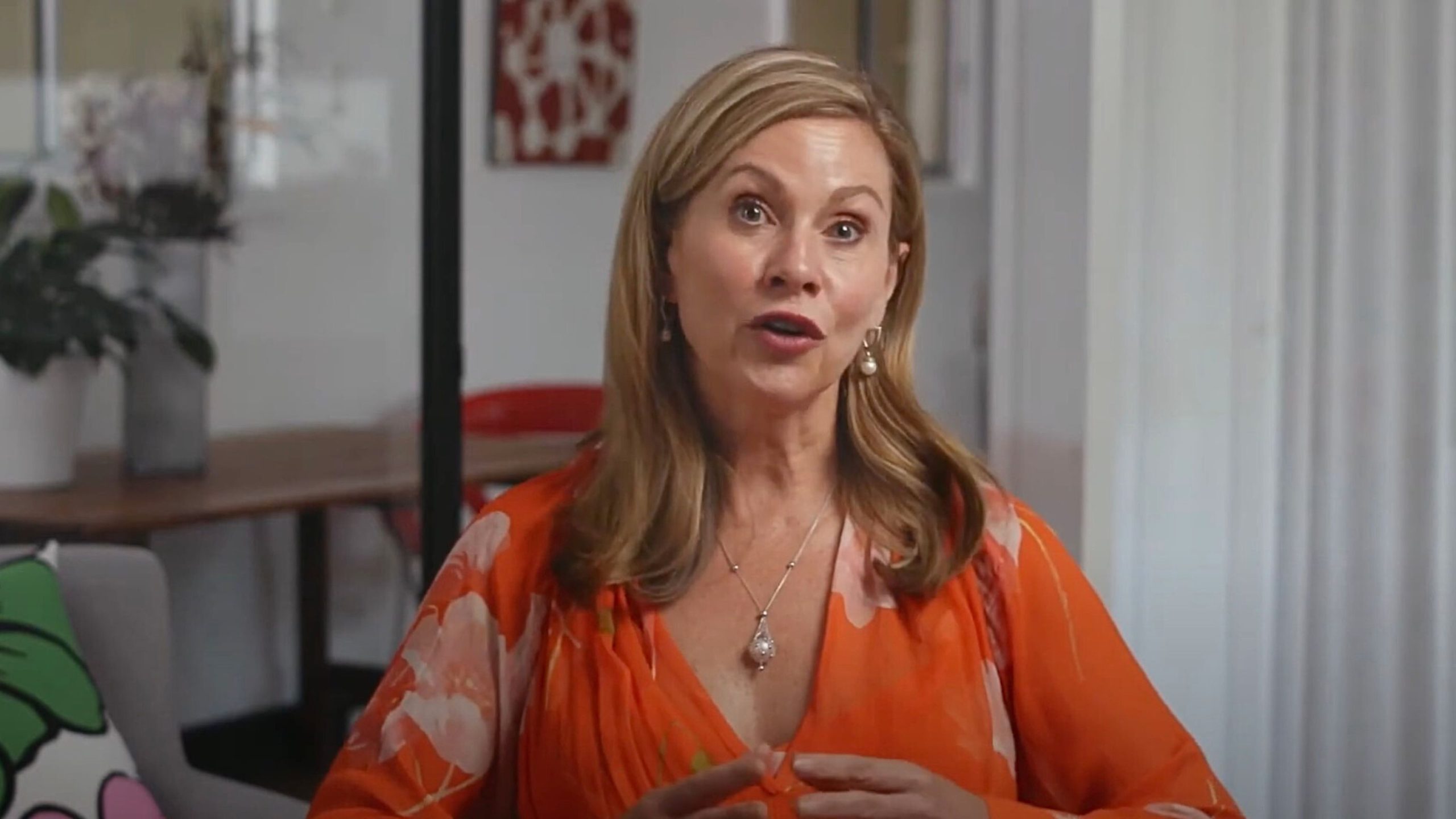Australia’s chief censor, eSafety Commissioner Julie Inman Grant, by her own admission already lives in “a dystopia.” Namely, in an era of the internet where allegedly, and to sum her sentiment up, “nobody’s thinking of the children.”
And so to make both the dystopia and the internet worse, Grant is sticking to her guns, at least when it comes to continued anti-encryption rhetoric. This, is despite the fact that Australia’s proposed new rules have seemingly gotten “watered down” after strong pushback.
It’s a dangerous game Grant and her ilk are playing, considering that encryption is the best currently known protection people of any age (and businesses and governments) currently have on the internet.
But this big picture is just something various jurisdictions, like the EU and Australia, refuse to acknowledge, and would rather essentially break the internet instead.
Critics say that’s because the real goal is not to target surveillance at child abusers, but to facilitate mass surveillance of everybody.
And Grant has just made another admission. “Resistance from industry (to proposed anti-encryption measures) during the public consultation this year was more robust than we expected,” she said, noting that a reason for this resistance was fear of widespread government surveillance.
But she dismissed it saying that “the world we live in today” is already dystopian because adults (such as, law enforcement) allegedly have no tools to stop online abuse of children or promotion of terrorism.
These comments come after the new standards originally announced in Australia in November underwent changes before the final draft was submitted to parliament last Friday.
Namely, it “improves” on the vague language by stating, “companies will not be required to break encryption and will not be required to undertake measures not technically feasible or reasonably practical,” reports say.
At least, this applies to building whatever is considered “a systemic weakness” into the service, and specifically concerning end-to-end encryption, it applies to building “a new” decryption capability.
This is seen by the industry behind messaging platforms, from Apple to Signal, as a win, but Grant’s subsequent reaction via an op-ed clearly shows she is unhappy with the outcome.
And there is nothing to stop the commissioner from, going forward, introducing another proposal, perhaps attacking encryption from another angle, or just amplifying the child safety narrative.



Guess she’d like to see all her “unencrypted” chats published for the world to see…
YES! Do that! She very well could be one of the people who visited Epstein’s island multiple times.